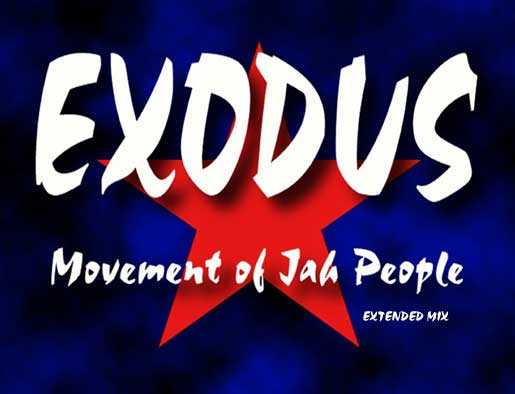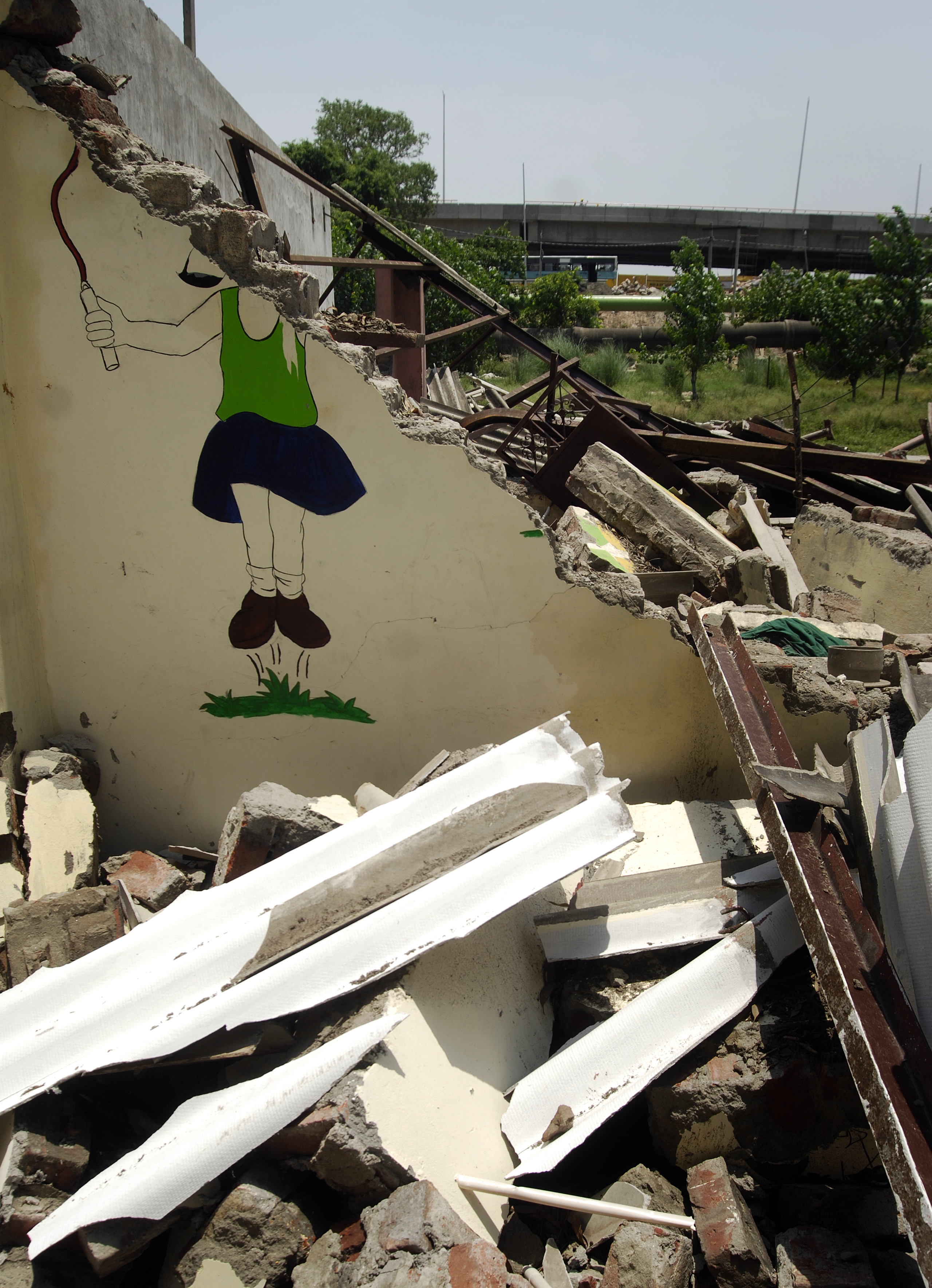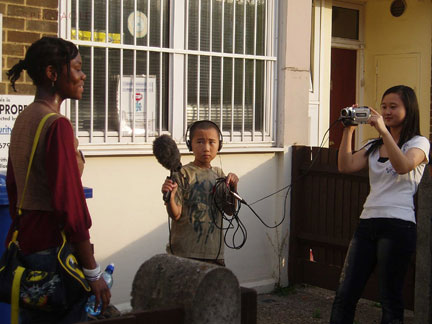
The Unteachables, Channel 4 – A programme format is a license to produce and to broadcast a
national version of a copyrighted foreign television programme and to use its name
Programme formats are a major part of the international television market and they keep growing in popularity. With 11.6 million viewers previous Saturday X- Factor is a great example of the public’s desire for these type of programmes. The broadcasters love them too because of the large cost savings associated with avoiding the risk of inventing something original.
The most common type of formats are those in the genre of game shows, which quite often are remade in multiple markets with local contestants. Other key examples than X-Factor are Who Wants to Be a Millionaire, Survivor and Big Brother. However, there are also examples of documentaries as formats such as The Unteachables which Spectacle has been involved with.
On paper, formats don’t leave much room for creativity, nevertheless these programmes still seem to be executed differently in different countries. Does this mean that a TV format is a complex cultural product that cannot simply be reduced to a mere mechanical reproduction of a purchased TV programme? This might be a reasonable hypothesis when comparing The Unteachables with the Danish version of the programme titled Plan B.
A TV prog
ramme format is a license to produce and to broadcast a national version of a copyrighted foreign television program and to use its name.
 Plan B, TV2 – the Danish version of The Unteachables
Plan B, TV2 – the Danish version of The Unteachables
On the surface, the two versions of the programme seem quite similar. In both countries school children take part in a ground-breaking educational experiment investigating whether the school system is at fault, or the children are simply unteachable. In both cases the outcome of the experiment is positive: With the right teacher and learning methods by their side, even the worst behaved children can overcome their attendance problems.
However, when taking a closer look at the two versions, differences still occur – the two titles demonstrate this to great extent. Whereas the English version focuses on suspended school children the Danish one focuses on those children lacking confidence in school. Furthermore, in the English version the editing speed is faster and there is more focus on the children heavily using swear words.
How come these differences occur in the same programme format? Surely, a program will be executed differently by different producers, but is this a sign of the English media’s wish or need to be sensational and tabloid in order to attract greater audiences? It might also be worth taking into account the type of channels the programmes were broadcast on. The Danish channel TV2 prides itself on being an inclusive channel with the aim of unifying the public. On TV2 there are only winners – not losers.
Does this explain the differences or are the two school systems just too different to compare? Did Channel 4 portray a neutral picture of the English school system? Or do you think it is driven by sensational stories?
What about the Danish version? Is that a great example of how the school system operates in this country? Or is it too glorifying?
Have you experienced other versions of The Unteachables in other countries and how was the school system portrayed there?
You can find out more about Spectacle’s Class X project commissioned by Channel 4 to accompany the Unteachables series or order the DVD from distribution@spectacle.co.uk





 Plan B, TV2 – the Danish version of The Unteachables
Plan B, TV2 – the Danish version of The Unteachables